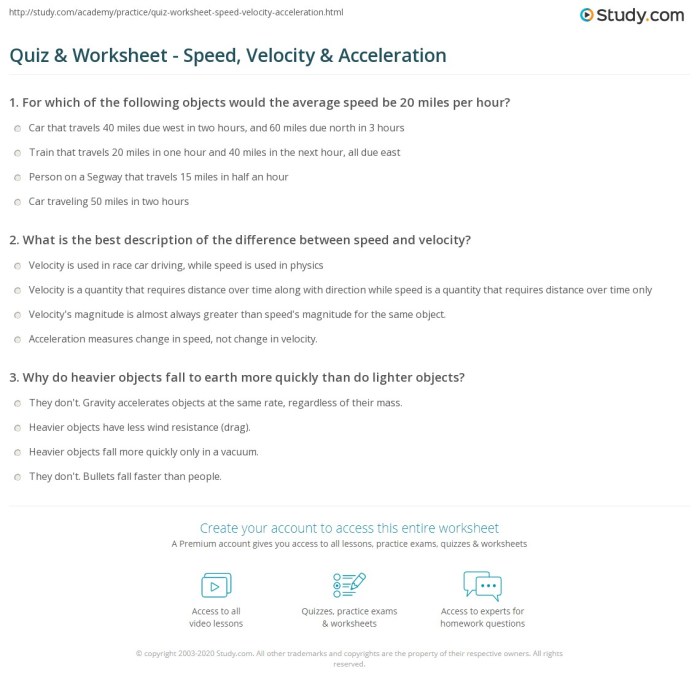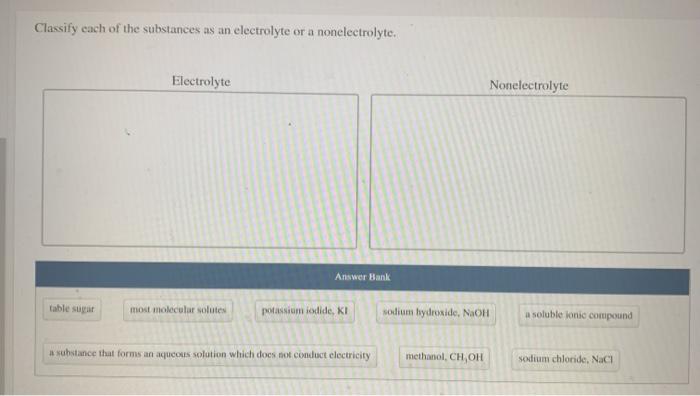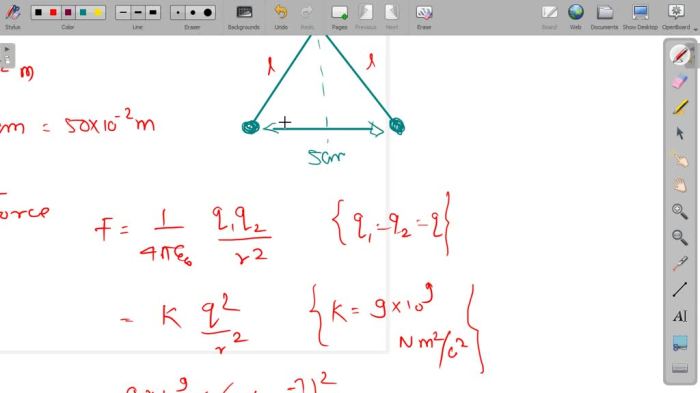Speed and velocity calculations worksheet – Embark on a journey to master the concepts of speed and velocity with our comprehensive worksheet. This resource provides a clear understanding of the differences between these two fundamental quantities, empowering you to solve real-world problems with confidence.
Delve into the intricacies of speed and velocity, unraveling their formulas and exploring their practical applications. Engage with illustrative examples, practice problems, and advanced concepts, expanding your knowledge and solidifying your understanding.
1. Definitions
Speed and velocity are two closely related concepts that describe the motion of objects. Speed refers to the rate at which an object is moving, while velocity refers to the rate at which an object is moving in a specific direction.
2. Formulas
The formulas for calculating speed and velocity are as follows:
- Speed = distance traveled / time taken
- Velocity = displacement / time taken
3. Applications
Speed and velocity calculations have numerous real-world applications, including:
- Physics: Determining the motion of objects in various systems
- Engineering: Designing vehicles and other moving objects
- Sports: Analyzing athlete performance and optimizing training
4. Worksheet Design: Speed And Velocity Calculations Worksheet
A sample worksheet for speed and velocity calculations can include the following sections:
- Instructions for using the worksheet
- Formula for calculating speed and velocity
- Practice problems with varying difficulty levels
5. Examples and Practice
| Example | Speed (m/s) | Velocity (m/s) |
|---|---|---|
| Car traveling at 60 km/h | 16.67 | 16.67 (in the direction of travel) |
| Ball thrown vertically upward | 10 | 10 (upward) |
6. Advanced Concepts

Advanced concepts related to speed and velocity include:
- Acceleration: The rate at which velocity changes
- Relative velocity: The velocity of an object as observed from a moving frame of reference
7. Illustrations
Illustrations can be used to visually represent speed and velocity, such as:
- Vector diagrams to show the direction and magnitude of velocity
- Graphs to plot speed or velocity over time
Answers to Common Questions
What is the primary difference between speed and velocity?
Speed is a scalar quantity that measures the rate of motion, while velocity is a vector quantity that includes both the rate and direction of motion.
How do I calculate the speed of an object?
Speed is calculated by dividing the distance traveled by the time taken.
Can you provide an example of a real-world application of velocity calculations?
Velocity calculations are used in navigation systems to determine the direction and speed at which a vehicle is moving.

